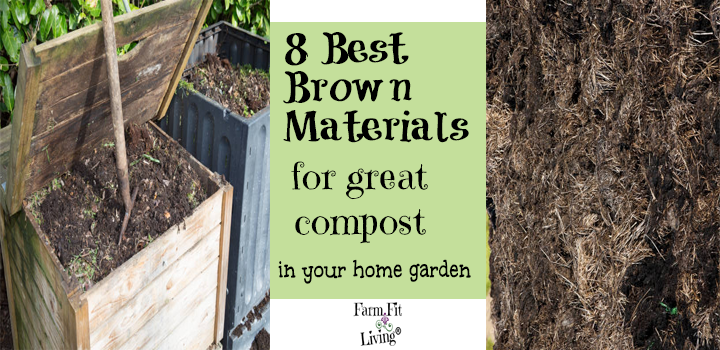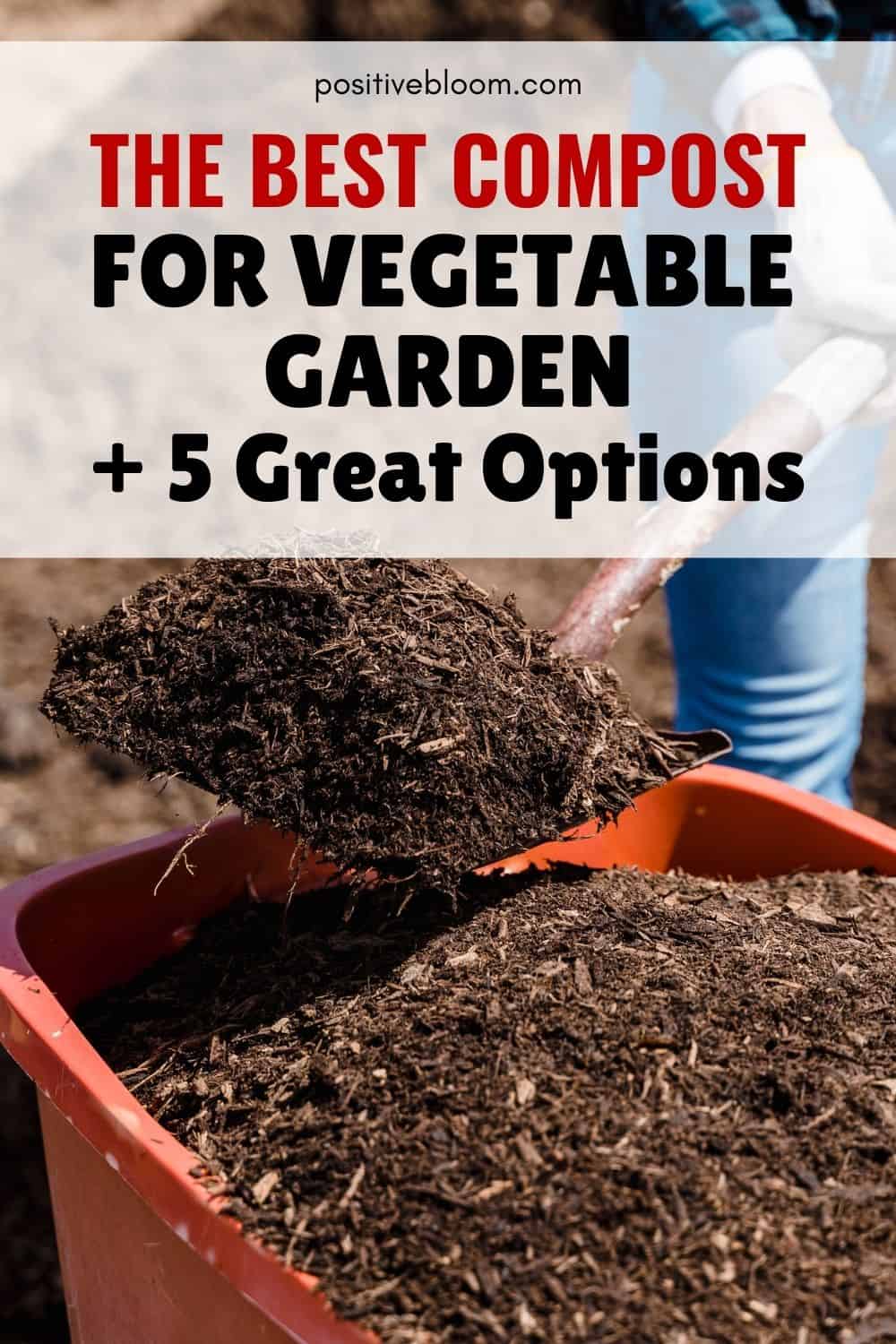The Ultimate Guide To Choosing The Best Compost For Your Garden
The Ultimate Guide to Choosing the Best Compost for Your Garden
Compost is a nutrient-rich soil amendment that can be made from a variety of organic materials, such as food scraps, yard waste, and paper products. It is an excellent way to improve the quality of your garden soil, and it can also help to reduce your environmental impact by diverting organic waste from landfills.
If you are new to composting, or if you are looking for a way to improve your current composting practices, this guide will help you choose the best compost for your garden. We will discuss the different types of compost available, as well as the factors you should consider when making your selection.
Types of Compost
There are two main types of compost:
- Homemade compost: This is compost that you make yourself at home. It is typically made in a compost bin or pile, and it can be made from a variety of organic materials.
- Commercial compost: This is compost that is produced by a commercial composting company. It is typically sold in bags or bulk, and it is made from a variety of organic materials.
Both homemade and commercial compost can be used to improve the quality of your garden soil. However, there are some advantages to using homemade compost. Homemade compost is typically fresher and more nutrient-rich than commercial compost. It is also free, and it can be a fun and rewarding project to do yourself.
Factors to Consider When Choosing Compost
There are a few factors you should consider when choosing compost for your garden:
- The type of plants you are growing: Some plants, such as acid-loving plants, require compost with a specific pH level. Make sure to choose compost that is appropriate for the types of plants you are growing.
- The size of your garden: If you have a small garden, you may want to choose a bagged compost that is easy to transport and store. If you have a large garden, you may want to consider buying compost in bulk.
- Your budget: Compost can range in price from a few dollars to several dollars per bag. Choose a compost that fits your budget and your needs.
How to Use Compost
Once you have chosen the best compost for your garden, you need to know how to use it. Compost can be used in a variety of ways, including:
- Adding it to the soil: Compost can be added to the soil at any time of year. It is a good idea to add compost to the soil before planting, as it will help to improve the drainage and aeration of the soil.
- Using it as a mulch: Compost can be used as a mulch around plants. It will help to retain moisture in the soil, suppress weeds, and protect plants from the cold.
- Mixing it into potting soil: Compost can be mixed into potting soil to improve its drainage and nutrient content. This is especially beneficial for container plants, which are more prone to nutrient deficiencies.
Conclusion
Compost is a valuable asset for any gardener. It can help to improve the quality of your garden soil, reduce your environmental impact, and save you money on fertilizers. By following the tips in this guide, you can choose the best compost for your garden and use it effectively to improve your plants' health and productivity.
Compost is a great way to improve the quality of your garden soil and help your plants grow healthy and strong. But with so many different types of compost available, it can be tough to know which one is right for you.
That's where Garden Wiki comes in. They have a comprehensive guide to the best compost for gardens, covering everything from the different types of compost to how to choose the right one for your needs.
In their guide, you'll learn about:
- The different types of compost, including organic, peat-free, and mushroom compost
- How to choose the right compost for your plants
- How to make your own compost at home
- How to store and use compost
Garden Wiki also offers a wide variety of compost products, so you can find the perfect one for your garden. Whether you're looking for a bagged compost or a bulk compost, they have you covered.
So if you're looking for the best compost for your garden, be sure to visit Garden Wiki. They have everything you need to know to choose the right compost and get your garden growing!
FAQ of best compost for garden
5 Most Frequently Asked Questions About Best Compost for Garden
- What makes the best compost for garden?
The best compost for your garden will depend on the specific plants you are growing and the type of soil you have. However, some general guidelines include:
* Use a variety of materials to create a balanced compost. This will help to ensure that your compost contains all of the essential nutrients for plant growth.
* Keep your compost moist but not soggy. Too much water will drown the beneficial microbes that help to break down the materials.
* Turn your compost regularly to help aerate it and speed up the decomposition process.
* Be patient! It can take several months for compost to fully mature.
- What are some of the benefits of using compost in my garden?
Compost is a great way to improve the quality of your soil. It adds essential nutrients, helps to improve drainage, and increases the water-holding capacity of the soil. Compost can also help to suppress weeds and diseases.
- What are some of the different types of compost?
There are many different types of compost, each with its own benefits. Some common types of compost include:
* Traditional compost: This is made from a variety of organic materials, such as food scraps, yard waste, and leaves.
* Vermicompost: This is made by earthworms. It is a nutrient-rich compost that is often used for container gardening.
* Bokashi compost: This is made from fermented food scraps. It is a good option for people who live in apartments or other small spaces.
* Green waste compost: This is made from yard waste, such as grass clippings and leaves. It is a good option for people who have access to a lot of green waste.
- How do I add compost to my garden?
There are many different ways to add compost to your garden. Some common methods include:
* Spreading compost over the soil: This is a simple and effective way to add compost to your garden.
* Mixing compost into the soil: This is a good way to add compost to your garden if you are preparing for planting.
* Using compost as a mulch: Mulch helps to suppress weeds, retain moisture, and protect the soil from erosion. You can use compost as mulch around plants, trees, and shrubs.
- Where can I buy compost?
You can buy compost from garden centers, home improvement stores, and online retailers. You can also find compost from community composting programs and municipal composting facilities.
Image of best compost for garden
- Browns: These materials are high in carbon and help to add structure to the compost. Some good examples of browns include dead leaves, straw, sawdust, and wood chips.

- Greens: These materials are high in nitrogen and help to add nutrients to the compost. Some good examples of greens include vegetable scraps, fruit scraps, coffee grounds, and tea bags.

- Yards and garden waste: This category includes grass clippings, weeds, and prunings. These materials are high in nitrogen and carbon, making them a good addition to any compost pile.

- Manure: Manure is a great source of nutrients for plants, and it can also help to improve the drainage and aeration of the soil. However, it is important to use manure that has been composted properly, as fresh manure can burn plants.

- Eggshells: Eggshells are a good source of calcium, which is an important nutrient for plants. They can also help to improve the drainage of the soil. To compost eggshells, simply crush them up and add them to your compost pile.

Post a Comment for "The Ultimate Guide To Choosing The Best Compost For Your Garden"